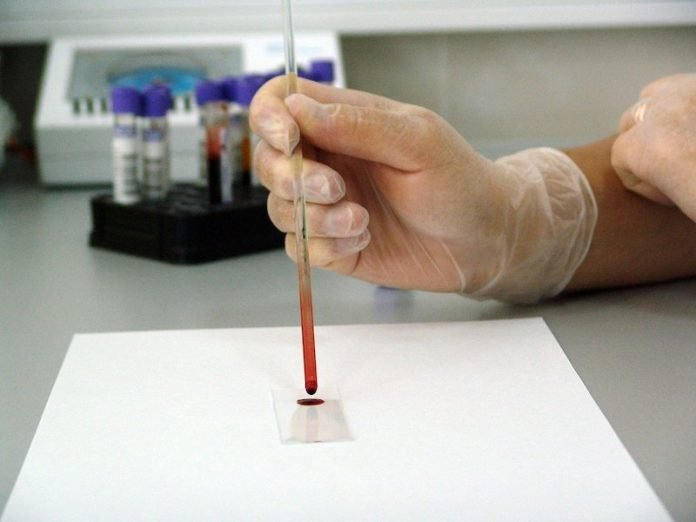
In a new study, researchers found a simple blood test could identify seemingly-healthy people with a high hidden risk of heart disease.
The research was conducted by a team at the University of Otago.
Researchers studied the blood samples and cardiology scans of 665 healthy young and middle-aged people with no previous heart conditions.
These were two quite different groups of healthy people—one group age 28 years, the other age 50 years—both without a history of heart or kidney disease.
The researchers found people with high levels of a hormone in the blood, called C-type Natriuretic Peptide (CNP), were much more likely to have stiffening of the arteries, reduced pumping action of the heart, higher fat levels in the blood and liver, and reduced kidney function—all signs of increased risk of heart disease.
The team says CNP seems to protect arteries from hardening and blocking. This means it is working hard and present at higher levels in those with potentially poor, and undetected, cardiovascular health.
Inflamed and blocked arteries can cause numerous physical problems including scarring and stiffness and damage to organs such as the heart, liver, and kidneys.
The finding that CNP acts to protect the body is key to helping save lives through early detection of serious conditions such as atherosclerosis, which can lead to a heart attack or stroke.
The discovery could one day enable doctors to identify those people whose lives could be saved from a future heart attack by interventions such as drugs or lifestyle changes.
The study is the first to describe a link between the blood hormone CNP and inflammation across a range of tissues including arteries and the heart.
One author of the study is Dr. Tim Prickett.
The study is published in Peptides.
Copyright © 2020 Knowridge Science Report. All rights reserved.



